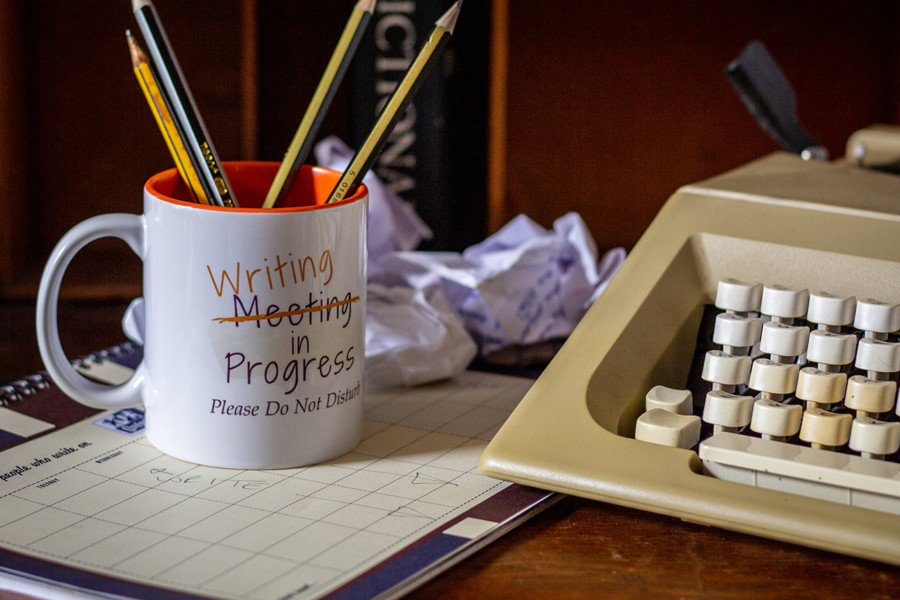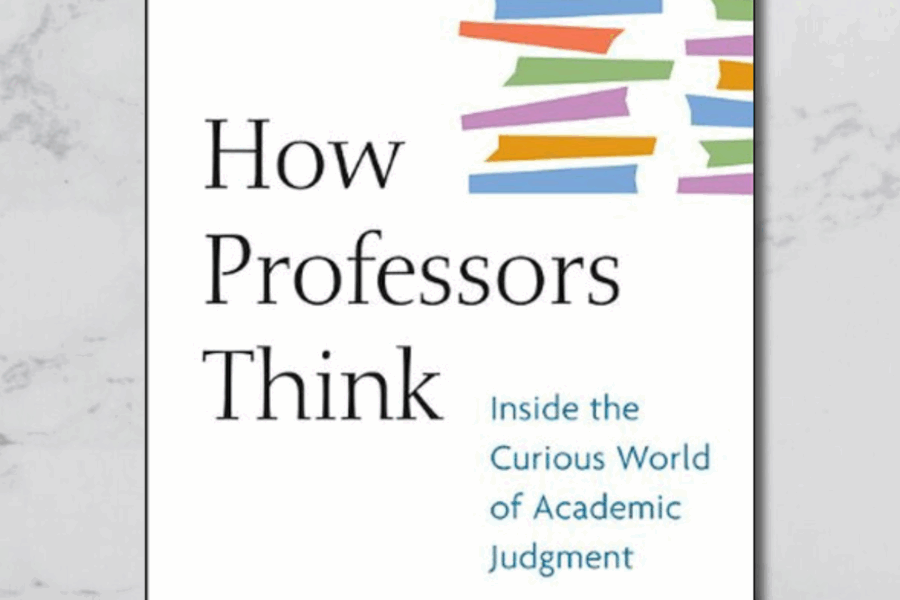A linky post for those who are interested. There are some interesting things to be found on this topic. Michael Cholbi at In Socrates Wake drew my attention to a few in his post inviting thoughts on whether humanists are avoiding exposure (responding to Alex Reid, see below). Which led me to James Stanescu (aka […]
Read More »Academic Context
How things work in academic institutions, academic disciplines, and other spaces where you find yourself. The unwritten rules, assumptions, and ways of being that make the difference in everyday academic life.
This category has been somewhat neglected. Older posts in this category will be edited and possibly recategorized beginning in July 2015.
Disturbing read about job advice to PhDs
How do you advise students about academic careers? Apart from the obvious “there aren’t a lot of jobs out there”, what do you say? What do you feel uncomfortable about saying (or not saying)?
Read More »Collaboration, co-authoring, and such
If you are in the humanities or some social science disciplines, co-authorship is much less common and may even be frowned upon. Some humanities researchers have been heard to doubt the existence of co-authorship, “Two people cannot hold the pen.”*
If you are in this kind of discipline, writing with others can feel odd. And it raises some interesting issues about how it will be evaluated.
Why co-author? … get more written … share expertise … mentor students
How will peers view it? … separating you from your co-authors … getting collaborative grants
Read More »Validation vs communication: another example
How is it that just as I write that post about validation and how stuck it can get you, I find another relevant link: Why Lists are a Flawed Approach to Assessing Excellence
Read More »Validation vs. communication: an example
Bon Stewart made a very prescient point in the comments of my post on how scholarship is evaluated. “the notion of validity by process became more important than the idea of contribution TO the process”. This morning I was catching up on blog reading and read a very thought provoking article that I think makes excellent background to such a discussion. It’s about scientific publishing, which is the model that humanities and social science researchers are being compared to implicitly or explicitly. And it illustrates some very serious issues in relation to this question of validation.
Read More »Peer reviewed journal articles and monographs in the academic evaluation process
Jo VanEvery, Academic Career Guide · Journals and monographs in academic evaluation processes This is the 2nd post in a series on how your scholarship is evaluated in various academic evaluation processes. I was inspired by the comments on a blog post on Melville and the knowledge that some of my readers do blog and […]
Read More »How scholarship is evaluated
Jo VanEvery, Academic Career Guide · How scholarship is evaluated The quality and impact/significance of your research is usually evaluated based on where you publish. The advent of new outlets for your scholarly work has raised some interesting issues about how this is done. A blog exchange about Melville scholarship (read the comments, and also […]
Read More »What happened to the Life of the Mind?
For many people what’s attractive about an academic career is the opportunity to be intellectually engaged: with students, with books, with colleagues, etc. Popular cultural representations of academia twist this into an image of the professor with his mind on higher things and detached from reality. Either way what gets called “the life of the mind” […]
Read More »Why universities are recruiting PhD students
There is a lot of debate about whether we are training too many PhD students (given the demand for academic labour) or too few (given the needs of the so-called knowledge economy). At an individual level, plenty of unemployed PhDs are wondering how they ended up in such a precarious labour market position and why no […]
Read More »How Professors Think
I have been awaiting Michèle Lamont’s book, How Professors Think: Inside the Curious World of Academic Judgment, for a long time. Her study of peer review in multi-disciplinary humanities and social science grant competitions in the US first came to my attention via the co-authored article “What is Originality in the Social Sciences and the […]
Read More »










